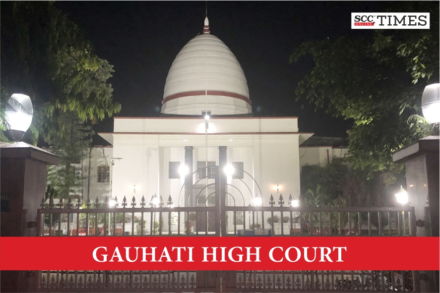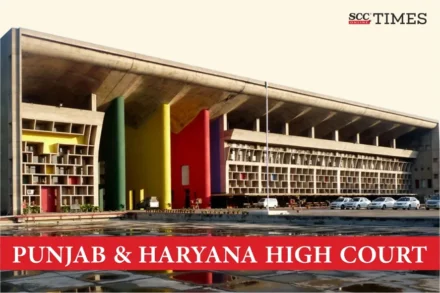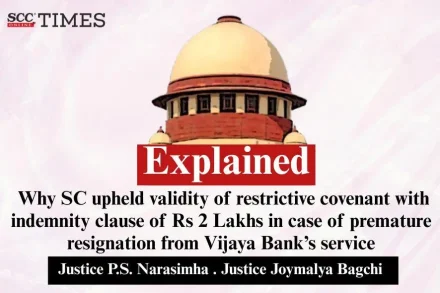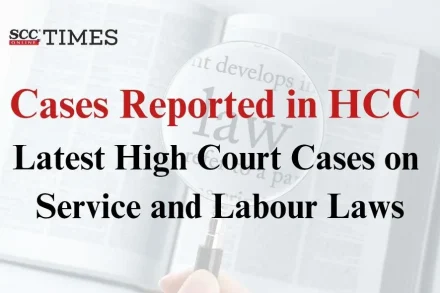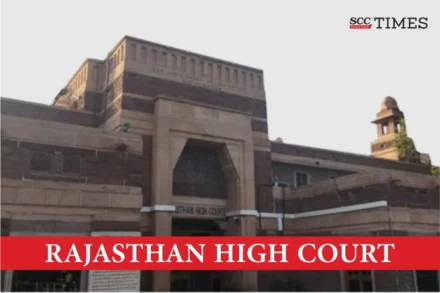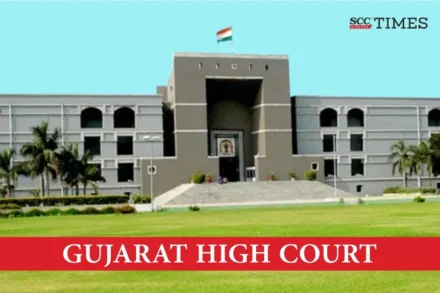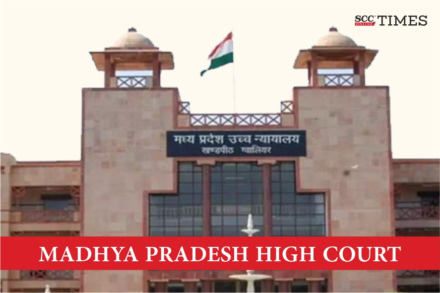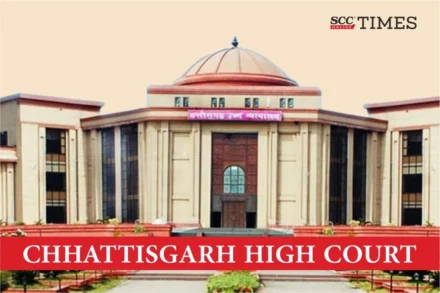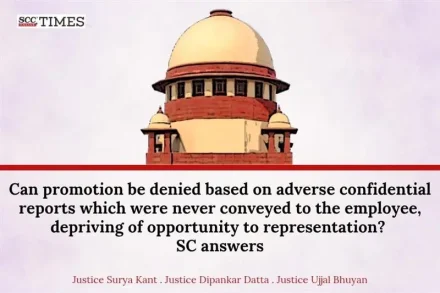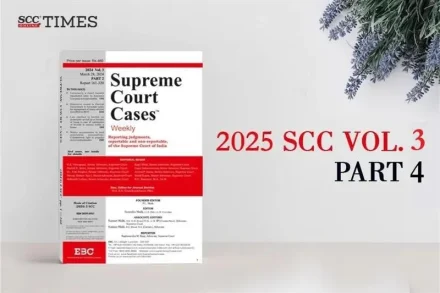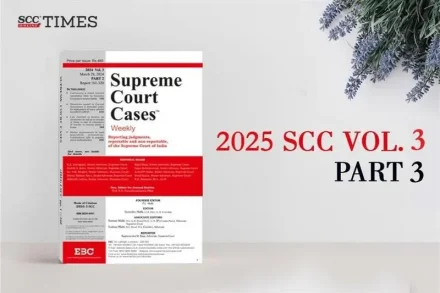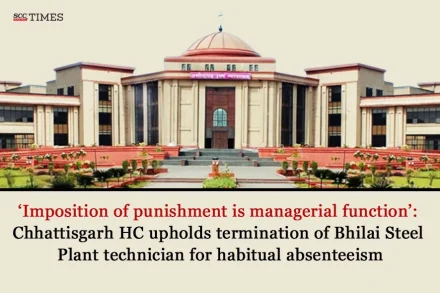
‘Imposition of punishment is managerial function’: Chhattisgarh HC upholds termination of Bhilai Steel Plant technician for habitual absenteeism
“It is well settled position of law that the imposition of punishment is a managerial function of the management and unless the punishment is so shocking or touches the conscience of the Court, it should not be interfered with by the Court.”



